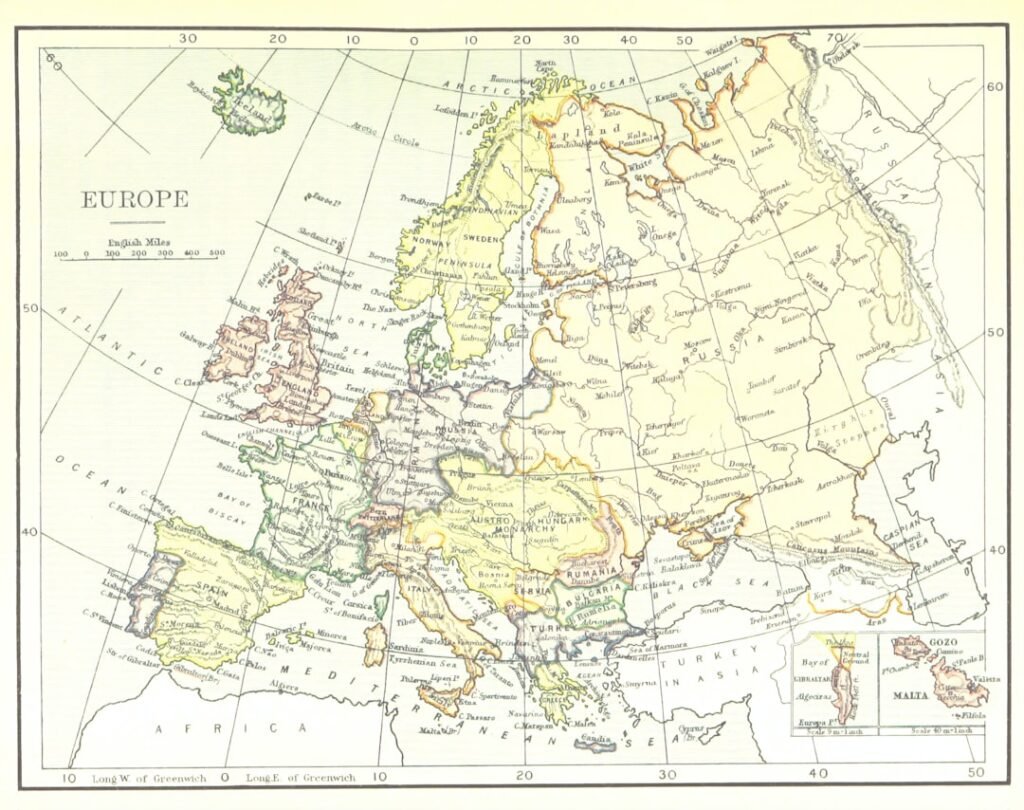Article 370 of the Indian Constitution was a temporary provision implemented in 1949 to grant special autonomous status to the state of Jammu and Kashmir. This article allowed the state to have its own constitution and laws, separate from those of the rest of India. The provision was a direct result of the Instrument of Accession signed by Maharaja Hari Singh of Jammu and Kashmir in 1947, which outlined specific conditions for the state’s accession to India.
Article 370 was designed to establish a framework for the relationship between Jammu and Kashmir and the central Indian government, taking into account the unique historical and political circumstances of the region. The provision was intended to address the distinct needs and concerns of Jammu and Kashmir while maintaining its integration with India.
Key Takeaways
- Article 370 was a special provision in the Indian Constitution that granted autonomy to the state of Jammu and Kashmir.
- It was introduced in 1949 as a temporary provision, allowing the state to have its own constitution and decision-making powers, except in matters of defense, foreign affairs, finance, and communications.
- Article 370 has been a subject of controversy and debate, with some arguing for its abrogation to fully integrate Jammu and Kashmir into India, while others advocated for its preservation to protect the state’s autonomy.
- In August 2019, the Indian government abrogated Article 370, revoking the special status of Jammu and Kashmir and bifurcating the state into two union territories.
- The abrogation of Article 370 has had a significant impact on the region, leading to changes in governance, security measures, and the socio-political landscape, with implications for the future of Jammu and Kashmir.
History and background of Article 370
The Unique Position of Jammu and Kashmir
Jammu and Kashmir, being a Muslim-majority state with a Hindu ruler, was in a unique position. The Maharaja of Jammu and Kashmir initially wanted to remain independent, but as the state came under attack from tribal invaders supported by Pakistan, he sought military assistance from India.
The Instrument of Accession
In return for this assistance, he signed the Instrument of Accession, which allowed India to take control of defense, foreign affairs, and communications in the state.
Formalizing the Arrangement
Article 370 was included in the Indian Constitution to formalize this arrangement and grant special autonomy to Jammu and Kashmir.
Special provisions and autonomy granted to Jammu and Kashmir

Under Article 370, Jammu and Kashmir had its own constitution and laws, and the Indian Parliament could only make laws for the state on matters specified in the Instrument of Accession. The state also had its own flag and enjoyed special privileges in terms of property rights, citizenship, and fundamental rights. The provision also allowed the state to have its own separate identity and maintain a degree of autonomy in governance.
This special status was seen as a way to preserve the cultural and religious identity of the region and address the aspirations of its people.
Controversies and debates surrounding Article 370
| Controversies and debates surrounding Article 370 | Details |
|---|---|
| Abrogation of Article 370 | There has been a long-standing debate on whether Article 370 should be abrogated or not. |
| Impact on Jammu and Kashmir | There are differing opinions on how the abrogation of Article 370 has impacted the region. |
| Legal and constitutional aspects | Debates have centered around the legal and constitutional aspects of Article 370 and its revocation. |
| International reactions | The move to abrogate Article 370 has sparked varied reactions from the international community. |
Article 370 has been a subject of controversy and debate since its inception. Critics argue that it created a sense of separatism and hindered the integration of Jammu and Kashmir with the rest of India. They also claim that it led to discrimination against non-residents in terms of property rights and employment opportunities.
On the other hand, supporters of Article 370 argue that it was necessary to protect the unique identity of Jammu and Kashmir and address the historical grievances of its people. They also argue that it was a way to ensure that the region’s special status was respected within the Indian Union.
Abrogation of Article 370 and its aftermath
In August 2019, the Indian government announced the abrogation of Article 370, effectively revoking the special status granted to Jammu and Kashmir. This move was met with mixed reactions, with some celebrating it as a step towards greater integration and development in the region, while others saw it as an attack on the autonomy and identity of Jammu and Kashmir. The government also bifurcated the state into two union territories – Jammu and Kashmir, and Ladakh – with direct control from New Delhi.
The abrogation led to widespread protests and a security crackdown in the region, with many political leaders being detained.
Impact on the region and its people

Security Measures and Restrictions
The area has seen a substantial surge in security measures, resulting in limitations on movement and communication.
Economic Consequences
The economy has also felt the impact, with businesses struggling to stay afloat due to prolonged lockdowns and internet shutdowns.
Political and Diplomatic Fallout
The political landscape has undergone a significant transformation, with mainstream political parties losing their influence and new leaders emerging. Furthermore, the move has led to strained relations between India and Pakistan, with both countries engaging in diplomatic tensions over the issue.
Future implications and possibilities
The abrogation of Article 370 has raised questions about the future of Jammu and Kashmir. Many are concerned about the impact on the region’s identity and autonomy, as well as the potential for further unrest and violence. There are also concerns about the economic development of the region, as well as the rights of its people.
The Indian government has promised to bring development to Jammu and Kashmir and ensure that its people have equal opportunities, but there are doubts about how this will be achieved. The future of Jammu and Kashmir remains uncertain, with many hoping for peace, stability, and prosperity for the region and its people.
If you are interested in learning more about the impact of Article 370 of the Indian Constitution, you may want to check out this article about the ongoing flood crisis in Assam. The article discusses the challenges faced by the region and the efforts being made to address the situation, which is relevant to the broader discussion of governance and constitutional provisions in India.
FAQs
What is Article 370 of the Indian Constitution?
Article 370 of the Indian Constitution granted special autonomous status to the region of Jammu and Kashmir. It allowed the state to have its own constitution, flag, and autonomy over all matters except defense, foreign affairs, finance, and communications.
When was Article 370 introduced?
Article 370 was incorporated into the Indian Constitution in 1949, with the aim of granting special status to the state of Jammu and Kashmir.
What were the key provisions of Article 370?
Article 370 allowed Jammu and Kashmir to have its own constitution, a separate flag, and autonomy over internal matters. It also restricted the application of Indian laws in the state, except for those related to defense, foreign affairs, finance, and communications.
Was Article 370 temporary or permanent?
Article 370 was intended to be a temporary provision, but it remained in force for several decades. It was finally revoked in August 2019 by the Indian government.
Why was Article 370 revoked?
The Indian government revoked Article 370 in August 2019 with the aim of fully integrating the region of Jammu and Kashmir into the Indian Union and to bring about socio-economic development in the region.
What changes were made after the revocation of Article 370?
After the revocation of Article 370, the special status of Jammu and Kashmir was revoked, and the region was reorganized into two union territories – Jammu and Kashmir, and Ladakh. The Indian government also announced various development initiatives for the region.


